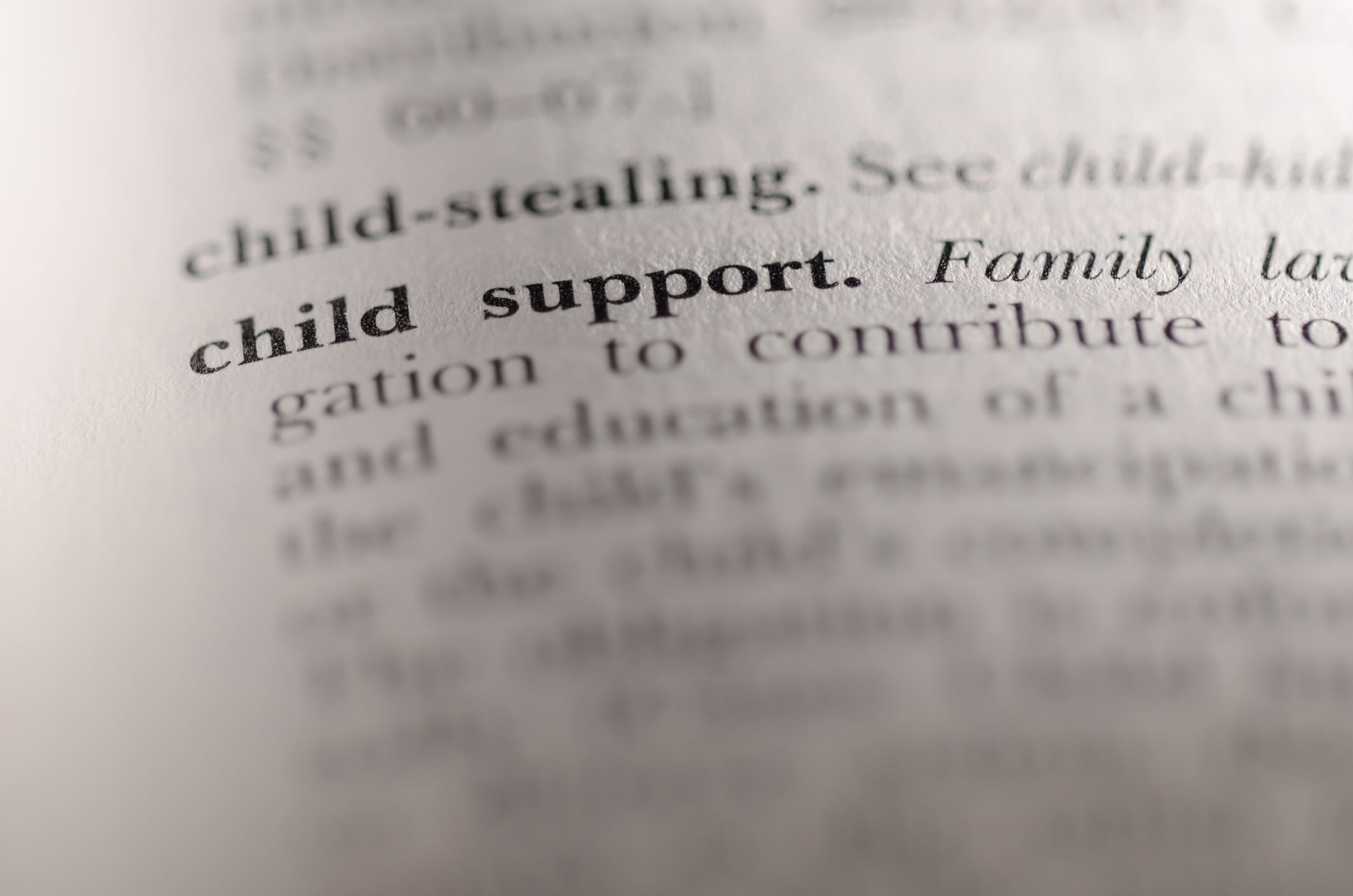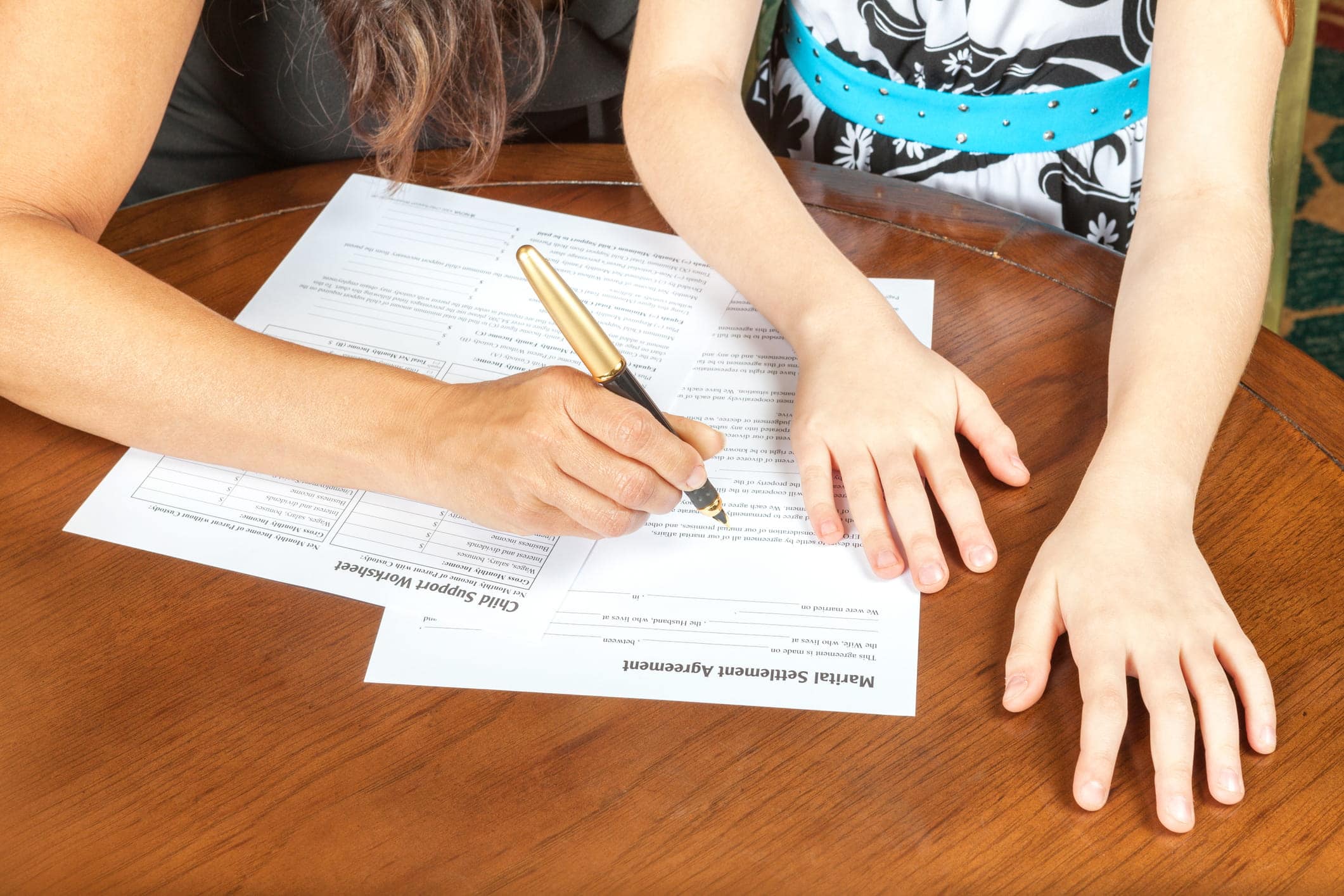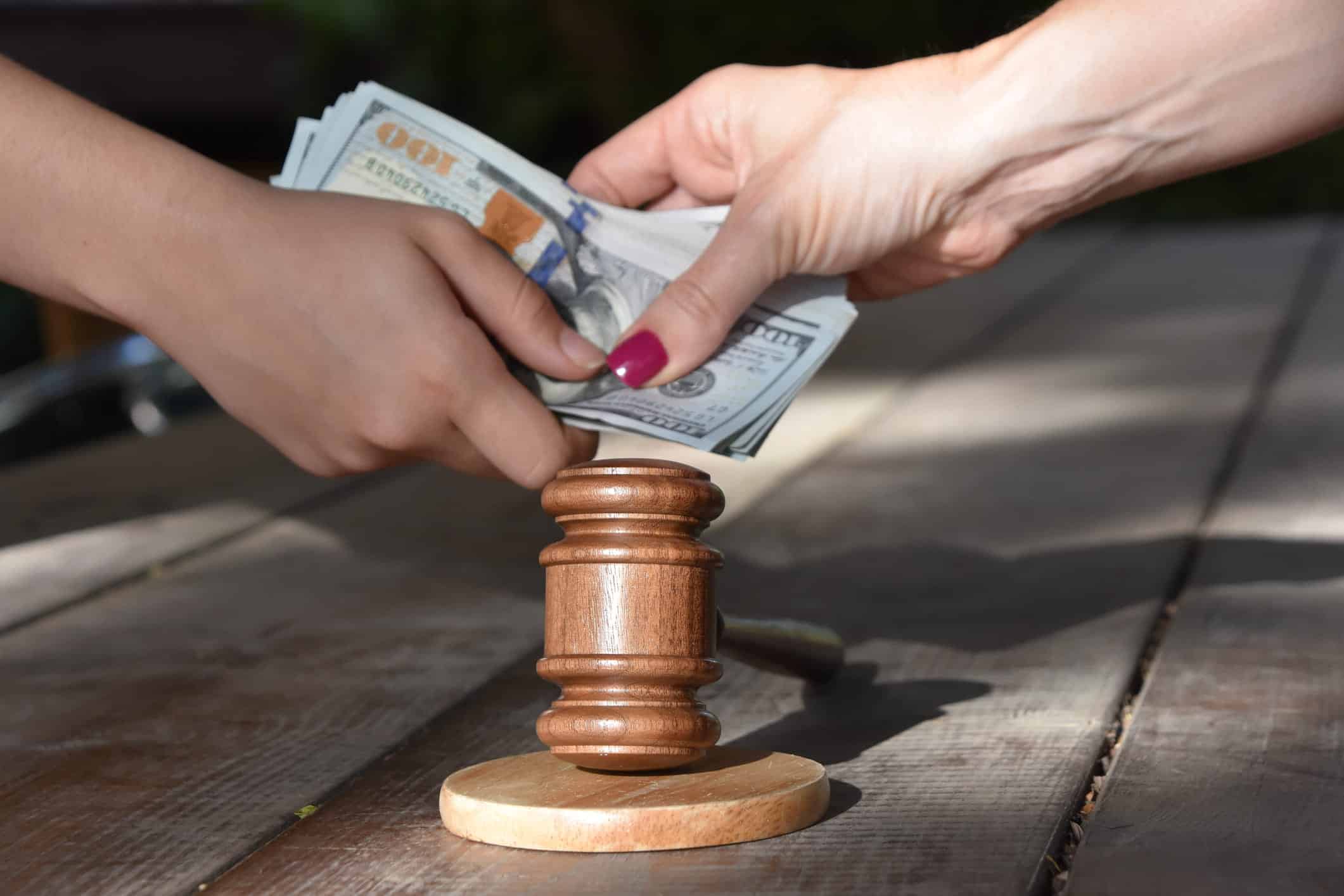Bankruptcy And Child Support: What You Need to Know
Are your financial troubles causing you to rack up child support debt? Filing for Chapter 13 bankruptcy can help you catch up on payments while you settle your debts. Keep reading to find out more about child support and bankruptcy.

Filing for Chapter 13 bankruptcy does not eliminate child support obligations
Congress responded to public policy concerns with a decision that bankruptcy cannot discharge child support debt. In Chapter 13 bankruptcy, child support is considered a priority debt that cannot be erased. As a result, when you file for Chapter 13 bankruptcy, any missed child support payments must be fully paid off through your repayment plan. However, you can still benefit by filing for chapter 13 bankruptcy.
Chapter 13 bankruptcy helps you catch up on child support arrears

One of Chapter 13 bankruptcy’s biggest advantages is that it can organize your debts and allow you to repay some or all of them through the above mentioned repayment plan. Although missed child support payments must be repaid through the plan, this almost always decreases the payments you would otherwise owe to general, unsecured creditors (including credit card companies). Debtors typically prioritize helping their children over paying off credit cards, so filing for Chapter 13 bankruptcy can assist you in catching up on your child support arrears while discharging other, unsecured debts.
Chapter 13 bankruptcy offers more protection through automatic stay
Typically, bankruptcy’s automatic stay doesn’t stop creditors from attempting to gather child support debt from property outside of your bankruptcy estate. Chapter 13 bankruptcy, however, considers your earnings to be part of the bankruptcy estate. Therefore, creditors are required to obtain court permission before launching efforts such as wage garnishment to use your post-bankruptcy income to collect debt. In most cases, if you are making timely payments according to your repayment plan and paying back your child support debt, there is no need to fear actions that would gather payments outside of bankruptcy.
Regular child support payments must be paid as they are due
Only pre-bankruptcy child support debts can be cured through your Chapter 13 bankruptcy plan. As a result, ongoing child support payments must continue to be paid as they become due. If you cease making child support payments during your bankruptcy, the court is likely to revoke the automatic stay and permit the creditor to collect debt from property and earnings outside of the bankruptcy estate.
Child support payments must be current in order for you to be discharged from bankruptcy

You are required to certify that you are current on child support payments and other domestic payment requirements before you can obtain a discharge from Chapter 13 bankruptcy. Any child support payments that were missed throughout your bankruptcy must be paid off in order to receive a discharge.
Accumulating child support debt can be overwhelming and stressful, but filing for Chapter 13 bankruptcy can help you catch up on those missed payments. The complex interplay between bankruptcy law and family law can differ based on your location and judge, so it is always a good idea to consult a bankruptcy attorney to determine how filing for Chapter 13 bankruptcy can affect your child support responsibilities.
If you are struggling with child support payments, and would like to discuss your options, contact DeLuca and Associates at (702) 252-4673 for a free consultation.
If you liked this post, you might also like:
Can You File Bankruptcy On IRS Debt?
Why Americans Are Carrying Less Credit Card Debt
5 Best Online Budgeting Tools To Escape Debt






